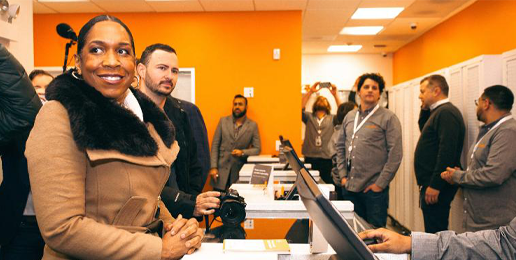Mental health is the buzzword of today. Children whose mothers used cannabis during pregnancy may develop attention and behavioral problems around ages 11 and 12. The findings come from the Adolescent Brain Cognitive Development Study, also called the ABCD Study. Scientists at Washington University analyzed data and published their findings in JAMA Pediatrics last month.
Considering that prenatal cannabis use increased from 3 % to 7 % between 2002 and 2017, the warnings against pot use for pregnant women need to get stronger. (The first two states voted to legalize pot in 2012, and now that number stands at 19 states.) While mental health problems in youth are growing, it’s shocking that states follow policies that increase mental health risks. Continue reading Cannabis during pregnancy may cause mental health issues in children



